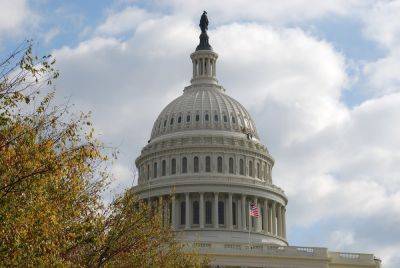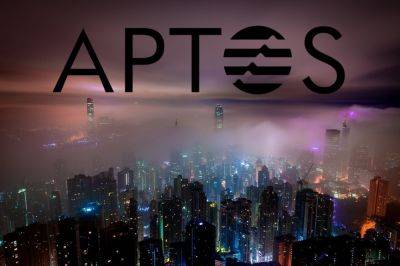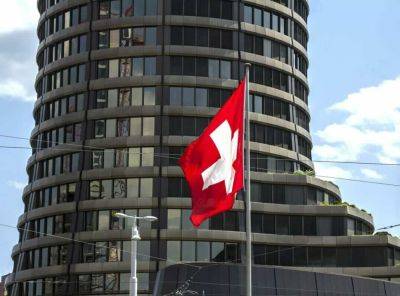What Did We Learn? Hollywood Is Back in Biz, but Ripple Effects of Strike and Streaming Shakeout Are Just Starting
By Cynthia Littleton Hollywood’s season of strikes came at enormous cost to the entertainment industry. It came in projects that weren’t greenlighted, sleeper hits not realized, breakthrough gigs not booked and paychecks not earned. But by the simple math of Hollywood’s true bottom line, there’s no other way to say it: The strikes waged by the Writers Guild of America and SAG-AFTRA were a short-term financial gift to studio conglomerates that had already been listing because of streaming losses.
The dual strikes gave the studios cover to hit the reset button on business plans that had already been scaled back. “In a weird way the strikes have been a mask for the deeper issues we’re struggling with — the costs of content, the quality of content and the eradication of several revenue streams,” says Jeremy Zimmer, CEO of United Talent Agency. “These are all real issues that need to be dealt with.” Moody’s Investors Service estimates that the work stoppages will produce about $10 billion in additional free cash flow over a 12-month period across the largest conglomerates, notably Disney, Comcast, Warner Bros.
Discovery, Paramount Global and Sony Corp. That’s an astounding figure, and one that underscores how much money Hollywood has committed to content production in recent years. The business has been on a bender, fueled by the availability of cheap debt and optimistic projections about the potential of fledgling streaming platforms.
But over the past 10 months, Disney and Warner Bros. Discovery alone have shed nearly 10,000 jobs and slashed billions of dollars in production and marketing costs. Disney originally forecast shelling out a little more than $30 billion on content (including sports rights) in fiscal 2023, which
. Read more on variety.com

 variety.com
variety.com




















